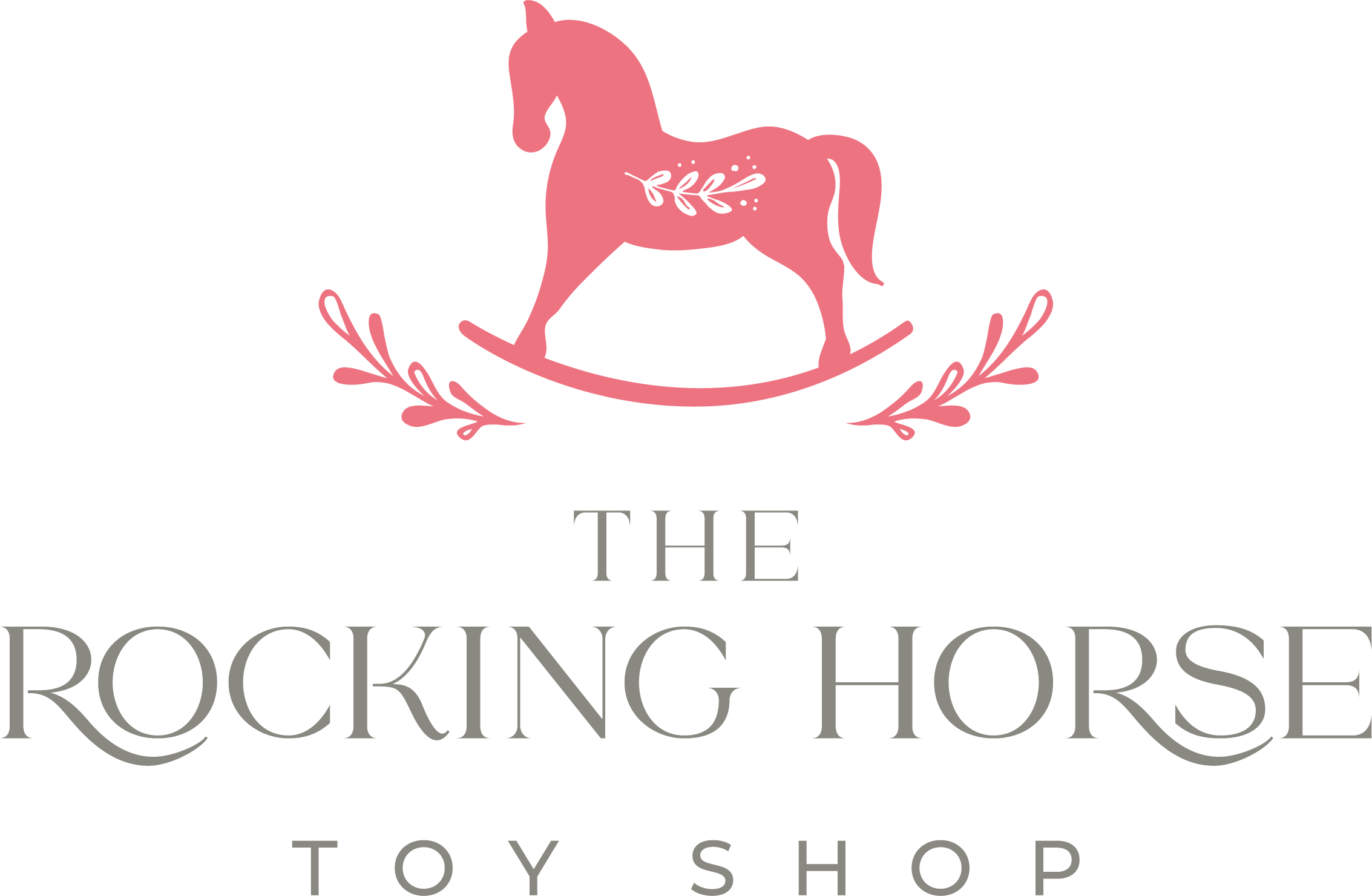What does Oeko-Tex Standard 100 mean? What is the difference between Oeko-Tex and Organic?
You may have heard of GOTS certified or organic cotton, but have you heard of Oeko-tex certified textile? It may be confusing to understand what is Oeko Tex cotton, and what the Oeko Tex 100 Standard means. More importantly, how is it different from organic cotton or GOTS certified cotton. This article will help you clarify these questions.

What does Oeko Tex Mean
Oeko-Tex itself is a product testing system that certifies and provides labels to prove the safety of textiles and textile products. There are various different levels of certification available and textile manufacturers must apply for the certification.
The most common certification is the Oeko Tex 100 Standard – and that is the one this article is focused on discussing. The STANDARD 100 by OEKO-TEX® label is a well known worldwide textile label to certify unharmful and non-toxic textile products.
There is a strict set of criteria for the companies to pass in order to gain this label. “Every component of an article has to comply with the strict OEKO-TEX® test criteria which is updated annually: from the coating, the outer material and the stitching, to the application and zipper.” (Refer to their website)
The tests of the products are conducted fully by neutral and independent Oeko-Tex test institutions. So as the certifications to be issued to the companies. By using the number on a Oeko Tex label, you can check the validity of the certification.

It is important to understand that the focus of the Oeko Tex label testing process is on the process of how the raw material is being handled so the article is harmless in human ecological terms. It has not specified all Oeko Tex 100 Standard certified products are cotton, sustainable cotton or organic cotton. But cotton would likely be the most commonly certified materials with Oeko Tex. It does not look at how the cotton was produced, as the testing is more on the final product itself.
As an example, after a jacket like the picture is produced it is sent for the Oeko Tex testing stage. “This includes threads, buttons, zippers and linings. The prints and coatings applied to the outer material are also tested for harmful substances according to the criteria applicable to them. Whether baby textiles, clothing, home textiles or decorative materials: Products carrying the STANDARD 100 label signal trust.” (Oeko-Tex website)
What is the difference between Oeko-Tex and Organic?
Organic cotton vs Eco-friendly cotton
So you may ask how can we clarify the difference between Oeko Tex and Organic Cotton, and you may also wonder is Oeko tex better than organic?
We have discussed what GOTS is and how organic cotton has a much less environmental impact during their farming and production process in another article in our blog. So in another word, certified organic cotton cloth is from cotton plants that weren’t genetically modified. So the plants were free from chemical fertilizers and pesticides.
We could say that organic cotton is kinder to the environment and likely to be kinder to human health because of the production and farming process it underwent.
Oeko-Tex certified cotton can probably be referred to as ‘eco-friendly’. The focus on the products when testing, is not on the environmental impact, but on the harmful substances to our human being’s bodies. So it focuses on the finished cotton product that includes every thread, buttons, lining, etc, to meet the Oeko Tex 100 Standard strict criteria.
Because of this difference, Oeko-Tex certification does not certify the cotton to be organic or not, which means conventional cotton could also be tested for the Oeko-Tex label. But vice versa, if the cotton is certified organic cotton, it does not mean the final products are completely harmless to our human body.
Final Words
So, should we get Oeko-Tex certified cotton products, or organic or even GOTS certified organic cotton products? The answer is, as much as possible, we should opt for either over conventional cotton without any certifications. Buying GOTS certified or organic cotton certainly helps reduce the negative impact cotton plant creations and production has on the planet. And opting for Oeko-Tex certified cotton products ensure no toxic materials being produced to harm our bodies.
If you want to learn more about GOTS and organic cotton, we have a wonderful article to help you understand more here.
We do have a lovely selection of Organic Cotton soft toys and rattles that you can browse. Feel free to take a browse!


